Anima Mundi, Beauty News
Six steps for daily liver cleansing

Does your liver need cleansing?
Cleanse trends seem to be ubiquitous these days. According to Judith Newman’s article for The New York Times, almost every major religion has some sort of fasting and cleansing ritual that is believed to allow the body to heal. The rise of this trend can be traced back to the 1990s when Peter Glickman repurposed a 1940s diet called the Master Cleanse, and celebrities such as Beyoncé and Demi Moore reported impressive results for energy and weight loss to their followers on social media.
However, one organ in particular that may be impacting our overall well-being is the liver. The liver is responsible for various functions, including purifying the blood and eliminating toxins, affecting mood, appetite, skin health, nutrient absorption, and more. The liver not only aids digestion, but it is also responsible for producing hormones and synthesizing proteins, as well as detoxifying the body’s fluids. At times, we need to help the liver return to its optimal state by flushing out harmful toxins and restoring balance.
When we support the liver in releasing toxins, we can prevent the accumulation of harmful substances that contribute to stress-related symptoms like depression, food allergies, fatigue, colds, and flu. Fortunately, there are gentler ways to cleanse the liver that do not require extreme juice diets, counting calories, or following a strict protocol. Modifying your daily diet and lifestyle can lead to improvements in your mental, physical, emotional, and sexual health. By showing love to your liver intentionally, you can experience increased energy, libido, and an overall sense of well-being.
A few key liver truths
If you are experiencing any of the following symptoms, your liver may require attention and support:
- Lack of energy
- Frequent sugar cravings
- Irregular bowel movements
- Frequent gas or bloating
- Irritated skin or frequent breakouts
- Body odor or bad breath that cannot be resolved with usual hygiene practices
- Feelings of stress, anxiety, or mood swings
Several factors can contribute to a burdened liver, including:
- Excess weight: Fat tissues tend to store environmental chemicals and other toxins.
- Excessive sugar consumption: Refined sugar and alcohol can lead to unwanted fat accumulation, even in those who are not overweight. This puts extra pressure on the liver, causing it to slow down and become less efficient.
- Poor gut health: Strong gut health is essential to prevent toxins from entering the bloodstream and overworking the liver.

The liver is the second-largest organ in the body, with about 500 essential functions. While it’s well-known for metabolizing food, the liver also regulates hormone levels, adjusts cholesterol levels, produces bile to aid in fat absorption, stores sugar for the body’s needs, and builds proteins. Despite the misconception that one cannot prevent liver disease, limiting or abstaining from alcohol consumption, maintaining a healthy weight, and taking care of the liver on a daily basis can lower the risk of non-alcoholic fatty liver disease.
In the United States, the increasing obesity epidemic has led to more inflammation-related illnesses such as fibrosis, cirrhosis, and non-alcoholic fatty liver disease, causing liver damage. However, taking small but meaningful steps every day to care for the liver can improve overall health and decrease the risk of liver disease. Along with maintaining proper diet, exercise, and sleep, specific actions can optimize liver and mind-body health in the long run. These achievable tips can help promote joyful longevity and we encourage you to start incorporating them into your daily routine today.

Six steps for daily liver cleansing
- Hydrate, relax and recharge
During our busy days, it’s easy to slip into autopilot mode, especially when concentrating on tasks. Taking time to check in on ourselves and ask questions like “Have I eaten or drank any water?” or “Am I breathing?” is essential. Drinking plenty of water throughout the day has been shown to increase energy, promote fat oxidation, lower body weight, and reduce the risk of fatty liver disease. The ideal amount of water intake varies based on factors like age, body mass, and gender, but a good starting point is to aim for 8-10 glasses per day. Combining conscious self-care practices that reduce stress with hydration, relaxation, and proper rest is crucial for maintaining excellent liver health on a daily basis. Herbalist Tip: Adding elixirs like anti-inflammatory Curam or adaptogenic Schisandra Rose to your water can provide an additional gentle cleansing effect to your daily routine. - Reduce and eliminate toxins
Reducing exposure to toxins is like giving your liver and brain a green light to be healthy and thrive. Toxins burden the liver, causing it to use resources to flush out harmful substances, which takes away from its other vital functions, including mood regulation, intellectual function, and emotional stability. Herbalist Tip: Start with a goal of eliminating alcohol, tobacco, caffeine, sugar, GMOs, and processed foods for a few days or a week. If that feels overwhelming, focus on eliminating one at a time and record changes in your journal, including emotional, physical, spiritual, and even sexual changes. - Try intermittent fasting
In addition to being mindful of what we consume, when we eat also plays a role in supporting liver health. Intermittent fasting has been shown to reduce fatty liver disease, improve sugar metabolism, and support liver detoxification. During a period of fasting, the liver and digestive system conserve energy, allowing for a natural detox process to occur, known as autophagy, or “self-eating.” Herbalist Tip: Try eating within an eight-hour window during the day, followed by a 16-hour fast. Keeping a journal to observe overall mind-body health for one to two weeks is an excellent way to start. - Support liver health with herbs
Liver cleansing is not only about removing toxins but also moving stagnant or heavy energy and emotions that have accumulated. In many Eastern medicinal traditions, the liver is considered the center of both emotions and passions. As you adopt healthy habits, expect the purging to affect both your psychology and physiology. Herbalist Tip: Incorporating detoxifying liver herbs can support healthy regeneration, including:
-
Milk Thistle: This detoxifying herb is known as the “queen” of liver herbs. Its active ingredient, silymarin, helps strengthen the cell walls of the liver and eliminate the buildup of heavy metals and toxins.
-
Burdock: This anti-inflammatory root is a blood cleanser and supports liver function. It can be taken as a supplement or detox tea, with evidence showing its ability to boost glutathione in the liver. Glutathione helps protect the liver from toxins and is a potent antioxidant.
-
Pau D’Arco: This rainforest “heal-all” is an immune protector, blood detoxifier, and liver supporter. Its antibacterial, antiviral, anti-inflammatory, and astringent properties make it unmatched in the plant world.
-
Chlorella: This superfood binds to heavy metals and other toxins that burden the liver, acting as a chelator. In studies, chlorella absorbed 40% of heavy metals within seven days.
-
Liver Vitality Greens: This daily powder offers a blend of these liver herbs crafted in a 100% organic formula, making it an easy and effective way to support daily liver cleansing.
-
5. Nourish your liver with healthy foods
Instead of extreme cleanses or diets, opt for a balanced, plant-centric diet to support healthy body composition with diverse nutrients. Eating with a focus on liver-friendly foods offers your liver and gut the ideal defense against chronic diseases and unwanted fat accumulation in the liver. Ditch pre-packaged and processed foods and focus on whole, organic foods, healthy oils, and reducing caffeine and alcohol intake. This clean eating style gives your liver a break from toxins that tax your system and replaces them with nutrient-dense foods for optimal gut and mental health.
Here are some herbalist-recommended liver-supporting foods:
-
Turmeric: This anti-inflammatory root aids digestion, restores blood sugar balance, and supports healthy liver tissue and metabolism.
-
Dandelion Root and Greens: A natural diuretic, this flower and its root contain excellent vitamins and minerals for fortifying the immune system, balancing blood sugar levels, soothing digestive upset, and supporting the liver to eliminate unwanted toxins more rapidly and effectively.
-
Glutathione-Boosting Foods: Avocado, almonds, okra, and asparagus are a few kitchen staples that help fight oxidative stress and free radicals.
-
Fermented Foods: Kombucha, kimchi, sauerkraut, yogurt, and other probiotics promote healthy digestion and the integrity of the gut lining, offering a defense against toxins and heavy metals.
-
Green Tea: The phytochemicals found in green tea support liver detoxification by elevating antioxidant capacity in the body. Ceremonial matcha also contains a high concentration of chlorophyll, a natural detoxifier and liver cleanser.
6. Sweat it out
Sweating supports the lymphatic system and helps flush out toxins and bacteria more effectively. Regular exercise is essential, but if it’s not for you, try a sweat session in the sauna or take a stress-relieving bath with epsom salts. Regular sauna use has been shown to regulate mercury levels and may help eliminate toxic trace metals. Little is more effective than getting the body moving to remove potentially harmful molecules via the pores, lowering fat in the liver, and boosting overall liver health.
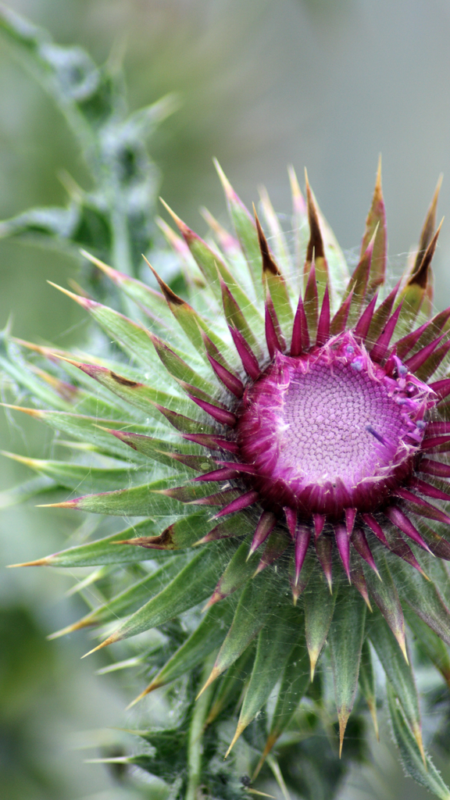







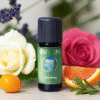





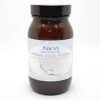


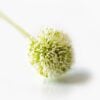









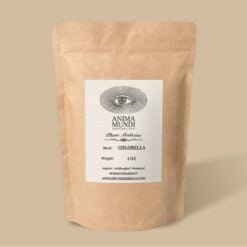
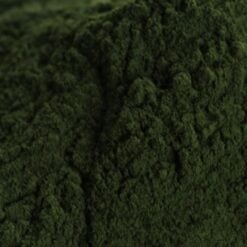










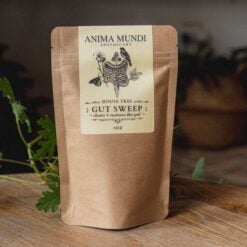


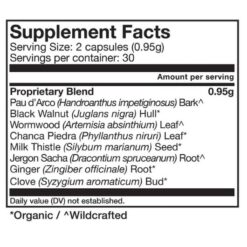


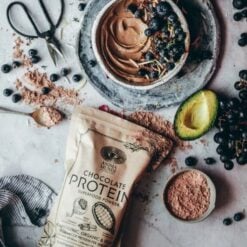

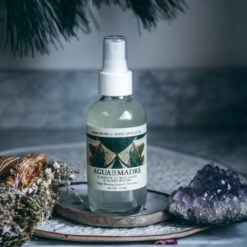

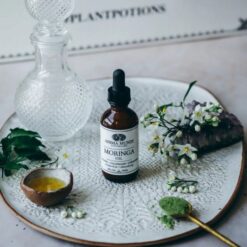
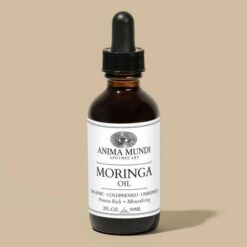
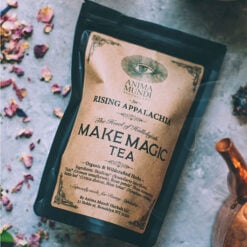
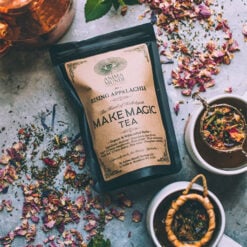






 Beauty Products
Beauty Products By Skintype
By Skintype Brands A-Z
Brands A-Z Wellness
Wellness Health / Nutrition
Health / Nutrition